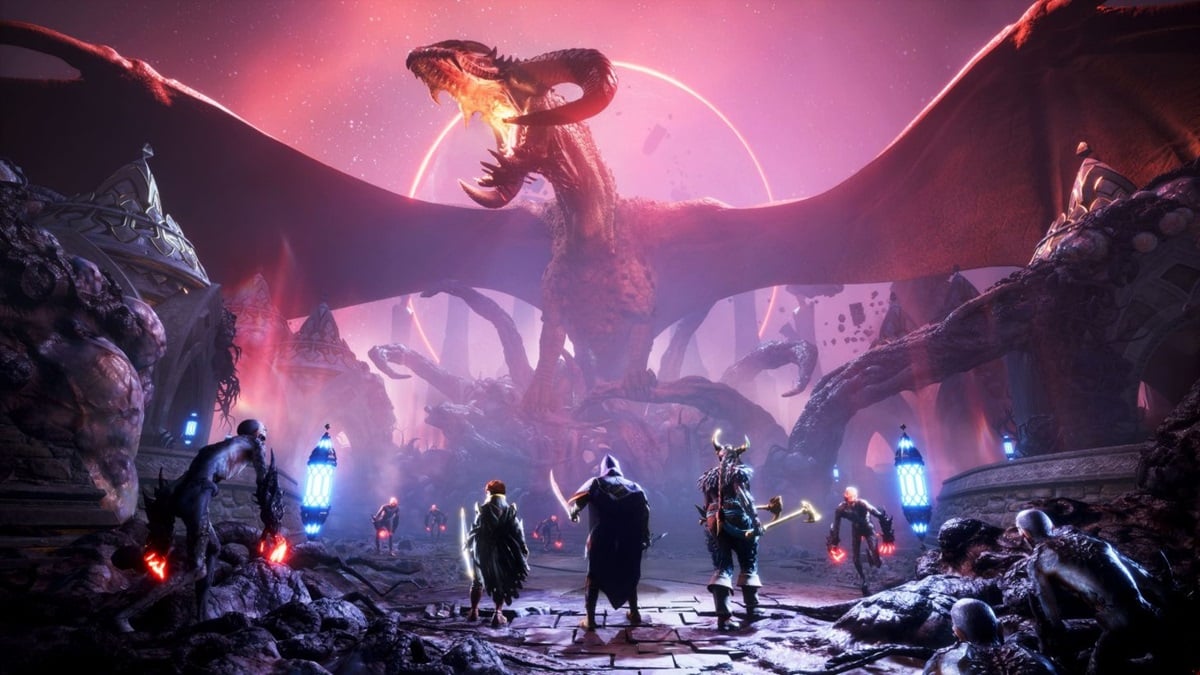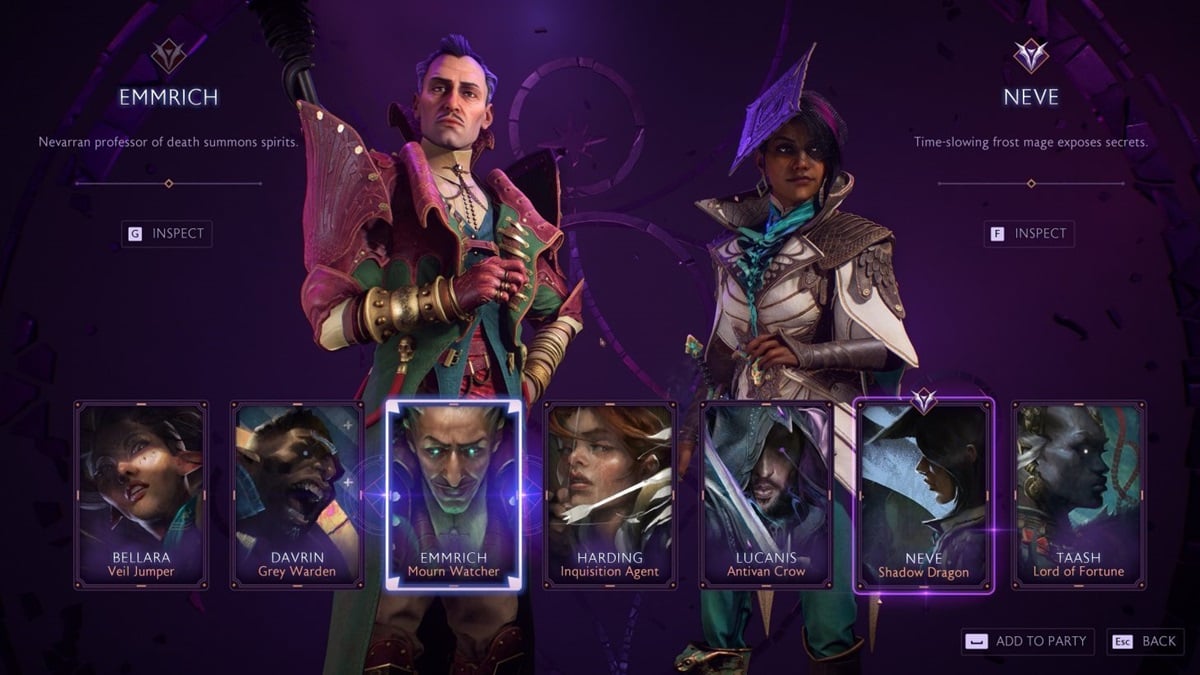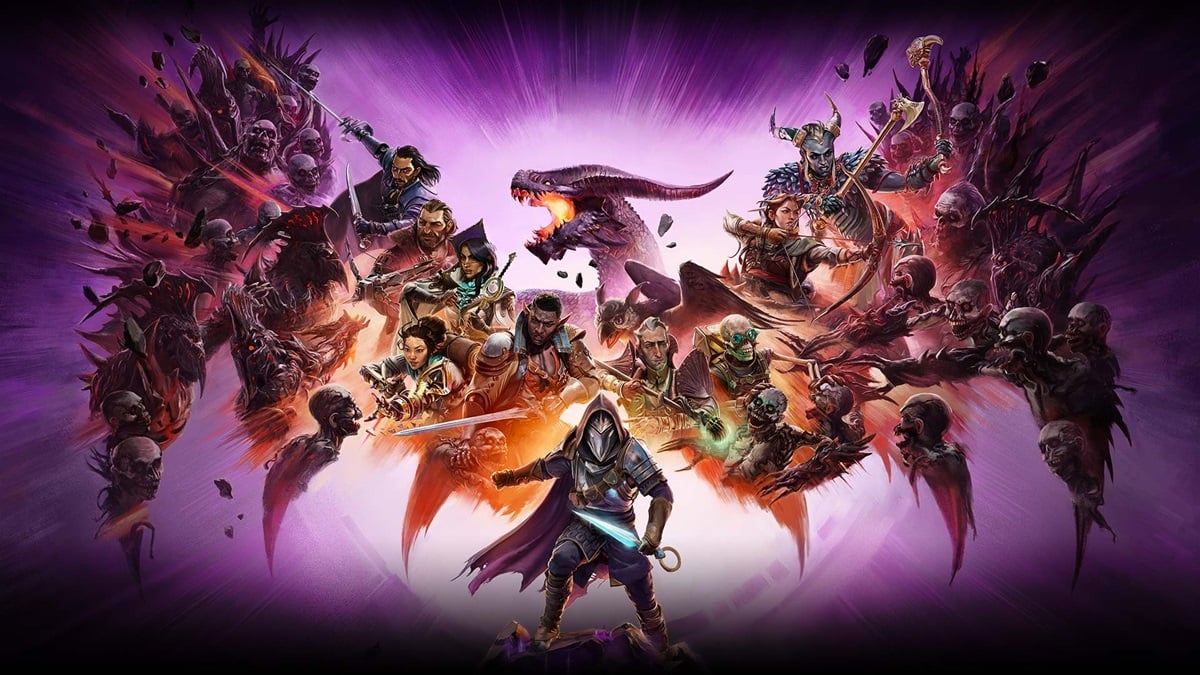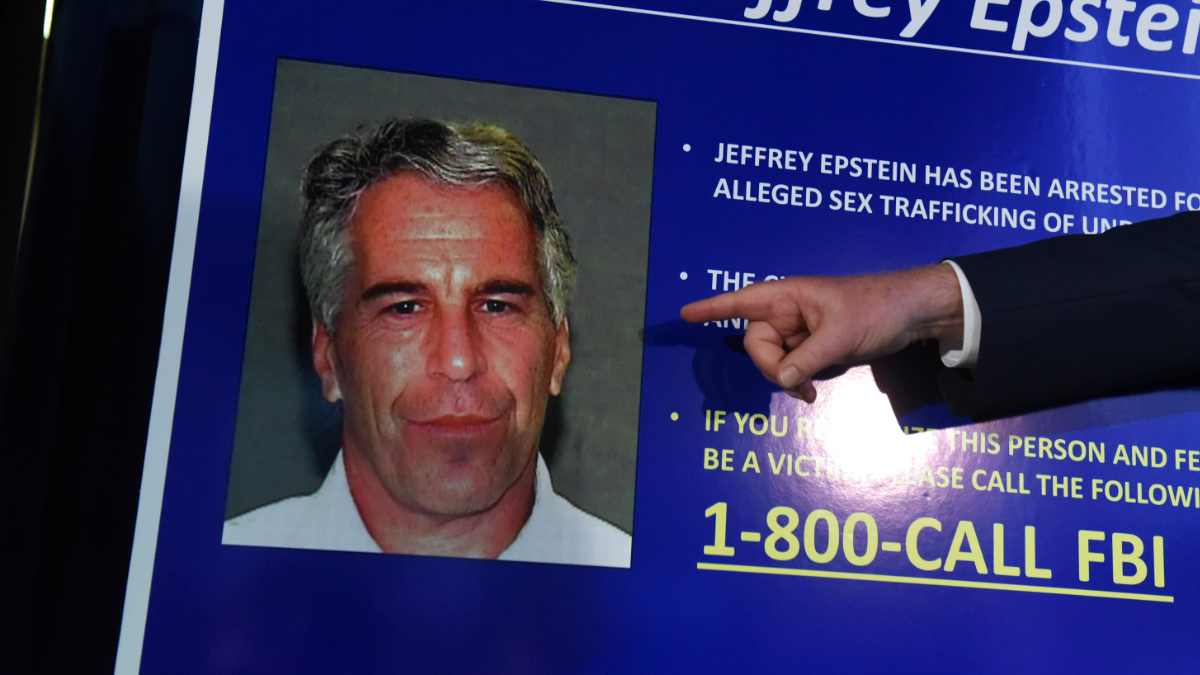You’d think that the return of a beloved franchise after more than a decade of absence would be a cause for celebration. You’d think a game that has already gone through one of the worst development hells in entertainment history and somehow made it to the finish line whole is something to be carefully studied, scrutinized, explored to the core of its being. You’d think that for developers who’ve poured their heart and soul into this creation, toiled endless hours over the many years since the release of Dragon Age: Inquisition, we’d have more to offer than our offhand dismissal, our nonchalant verdict, our unjustified hate. But then, knowing social media and what it stands for and expecting all of those things has always been something of an oxymoron, hasn’t it?
Dragon Age: The Veilguard came out today to generally positive reviews from critics. The fourth installment in the extremely popular Dragon Age series, a video game franchise by BioWare that defined fantasy RPG as we know it today, the sequel development began in 2015, but due to many internal problems at BioWare, including the release of one mediocre game in the form of Mass Effect: Andromeda and one disastrous launch in the form of Anthem, The Veilguard underwent several lengthy delays, fundamental changes in its design and narrative, and an unprecedented crew turnover, including several directors and executive producers.
But all’s well that ends well, right? Now that the game is out, with an 84 out of 100 score on Metacritic, it might be safe to say that all those trials have been worth it. BioWare is back with another decent if not great game, and we can’t wait to install the game on our platform of choice and dive back into the fictional world of Thedas. Right? Right? If only things were so simple as that.

If you browse through social media platforms like X, YouTube, and even Instagram, you see that a majority of people are locked into a senseless debate about how “woke” Dragon Age: The Veilguard is. It’s almost as if the introduction of identity politics in a conversation is nowadays powerful enough to throw all other considerations out the window. Forget about all those endless hours of creative labor undertaken by hundreds of people. Forget about the fundamental fact that a product like this, reviewed, changed, upended, altered, reworked, and improved over a decade-long process, is never the vision of a single person or even a team of people, but teams of them, hundreds of them, thousands. Forget that any project in the entertainment industry is more than the sum of its parts, whatever the internet might tell you. Some people, streamers mostly, are saying that the game is woke, that it’s trying to push an agenda, that BioWare is now only a shadow of its former glory. What more is there to say? The fate of Dragon Age: The Veilguard is sealed. Your decision to buy it or not already determined. The page is turned, the book is closed.
And all because a vocal minority weaves together a narrative and overwhelms all other voices in its vicinity. Now who cares if they have any proof to support their claims? What of it if the person who is bringing the hammer down is not educated, maybe doesn’t know enough about art criticism, or might not even offer valuable, levelheaded insight, and logical arguments? All it takes is to have a following, and you’re almost guaranteed to determine the fate of a work of art, whatever the medium.
An RPG game gives you the option to be non-binary. There are more than two pronouns in the game. This is apparently all it takes to make you want to play a game or not. Never mind that BioWare has always been progressive, and as the kids these days say, the studio was “woke” before it was cool. Remember how Mass Effect became controversial for depicting same-sex romances? How Dragon Age challenged gender norms as early as 2009’s Origins? Suddenly, the online community got it into their heads that BioWare became a sellout and imitated everybody else. No, you guys, you’ve got it backward; everybody else imitated BioWare.
This is not about The Veilguard. I don’t want to talk about the supposed redeeming qualities of a game I haven’t even played yet. (Though it seems the other side has no compunctions about discussing its off-putting qualities in the same circumstances.) Hell, I’m not even that huge of a Dragon Age fan to begin with. The problem is not whether The Veilguard is a great game or not. The problem is that the current narrative, fueled by the angry, careless mutterings of an online mob, shouldn’t be what determines the reception to any product, let alone a game that has been a decade in the making, that will make or break a studio, and decides the future career prospects of hundreds of people. A story that people love. A franchise that has been a cornerstone of our industry for a decade.

It’s easy for that one streamer who admitted he’s not a fan of the series and shall go nameless to write off this game just because there’s a cutscene with transgender-affirming shades incorporated into it. It’s easy to look at a YouTube video that claimed the publisher hasn’t given review codes to people who voiced negative opinions about The Veilguard in their previews and think that there must be a scheme underfoot at Electronic Arts. Dig a little deeper and you realize that the whole thing has been haphazard and random, but when said video has garnered a million views, the damage is already done, and there isn’t anything anyone could do to fix the narrative that’s slowly taking shape on social media.
This isn’t the first time such a scenario has played out. You can think of countless examples where the negative narrative on social media has spelled the doom of a certain game, or a movie, or even a television series… and in most cases unjustifiably so. You can also think of countless other examples where the opposite has happened; just because some things randomly clicked together for a studio or a crew or a publisher, their product became trendy and beloved. All it takes these days is a quote. A single stream of that one popular commentator on Twitch. A report by an outlet that’s hated by the community on X.
Ever so slowly, the complexity of the debate is diminished under the shadow of tribalistic posturing on social media. People begin to judge and criticize 40 hours of content, 10 years of labor, and millions of hopes and dreams, just by a single viral post that reaffirms what they want to believe about a particular issue, stripped of all its nuance and subtlety. The discourse is reduced to an absurdist parody of people shouting at the top of their lungs (in this case, ALL CAPS) and trying to think of all the witty ways they could bring down the other side.
For the casual observer, unfamiliar with the conditions of the curdling sphere of fallacious insanity we call the online space, the release of Dragon Age: The Veilguard, bereaved of all the insignificant and petty squabbling, is an occasion to celebrate. Hell, I’d dare say that many of them might enjoy the game thoroughly if they happen to buy and play it. And even if they don’t, it probably won’t be for the reasons that you and I don’t.










Published: Oct 31, 2024 06:06 pm